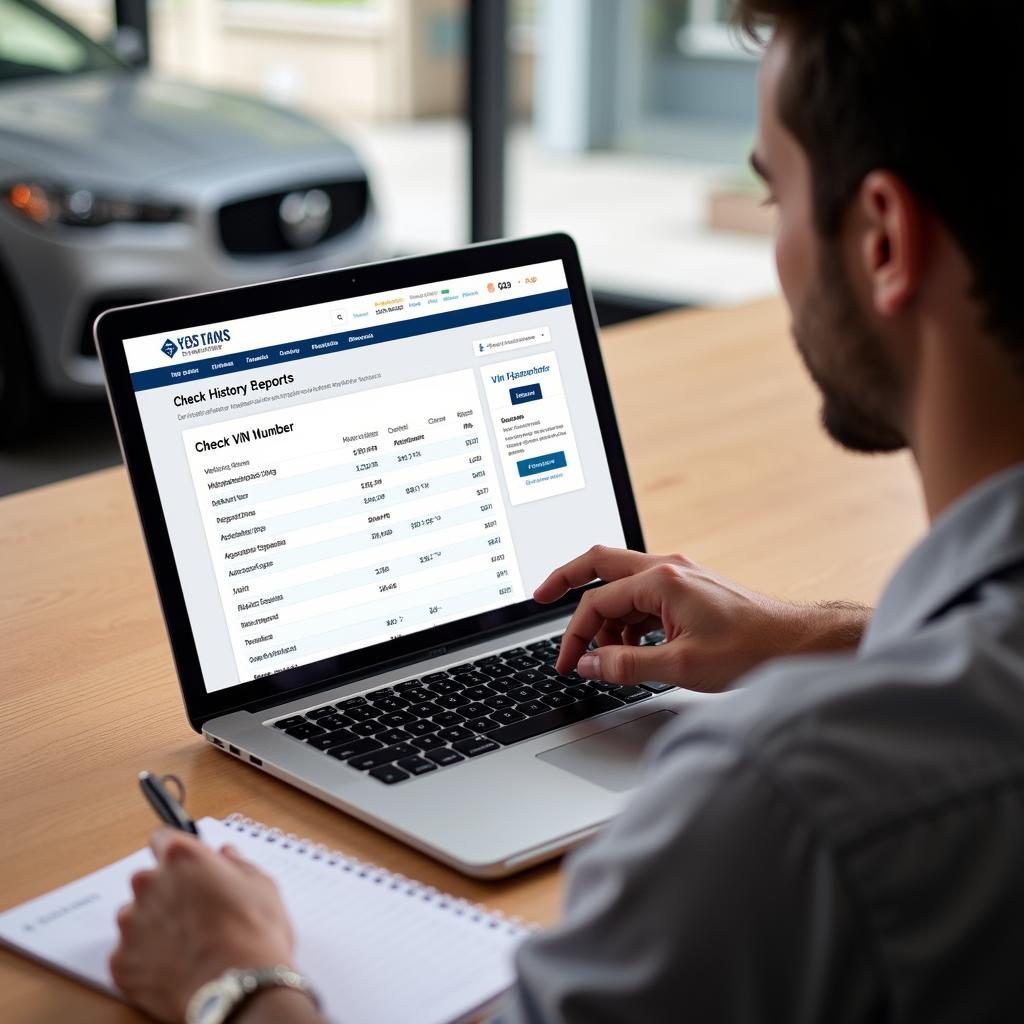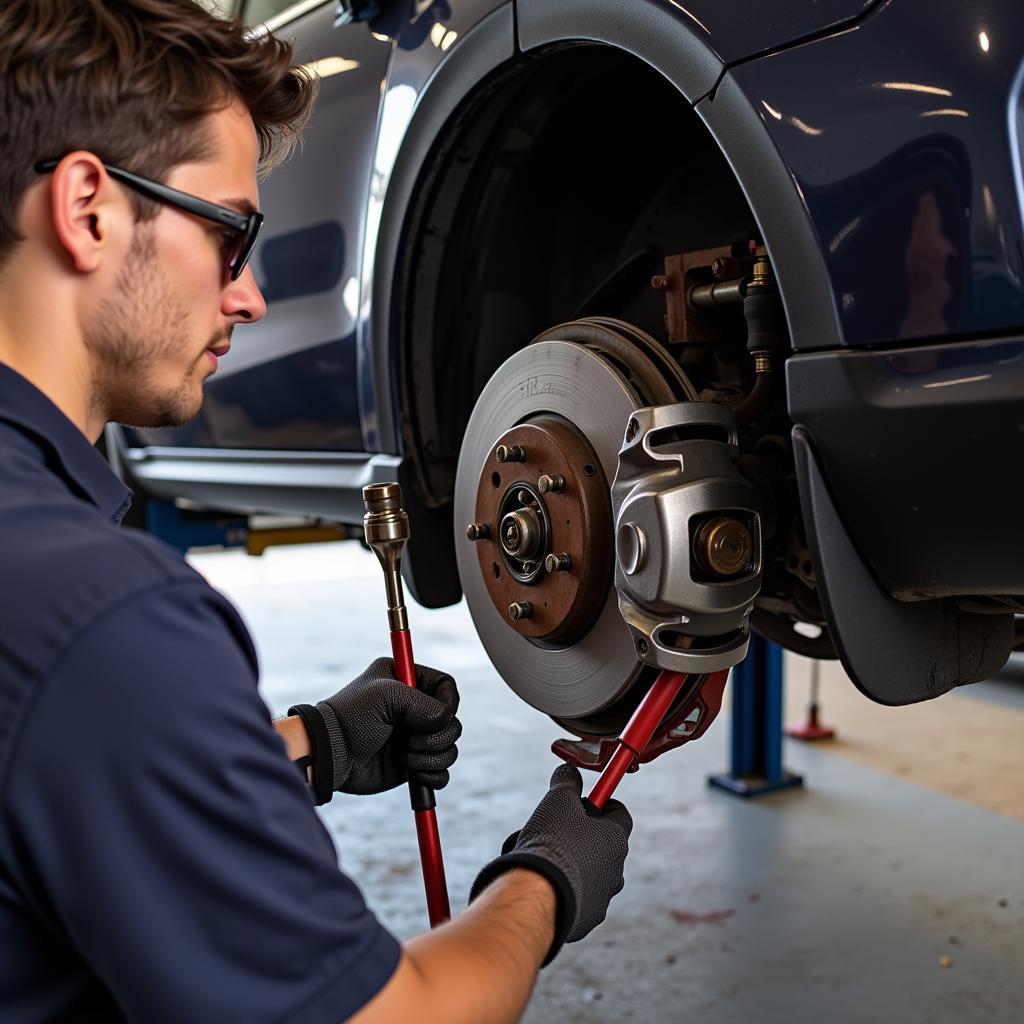Buying an old car to fix up can be a rewarding experience, offering the chance to own a classic vehicle or learn valuable mechanical skills. However, it’s crucial to approach this endeavor with careful planning and a realistic understanding of the potential costs and challenges involved. This guide will walk you through the essential steps, from choosing the right car to tackling common mechanical issues.
Choosing Your Project Car: Key Considerations
When buying an old car to fix up, the first step is selecting the right vehicle. Don’t just fall in love with the first rusty beauty you see! Consider your budget, mechanical skills, and the availability of parts. Some popular project cars include classic muscle cars, vintage trucks, and even more modern vehicles with readily available aftermarket support. Do your research and identify a car that fits your goals and abilities. Are you looking for a daily driver, a weekend cruiser, or a show car? This will influence your choice significantly.
Think about the car’s history. Has it been in any accidents? How many previous owners has it had? A vehicle with a well-documented history is generally a safer bet.
 Checking Car History Before Purchase
Checking Car History Before Purchase
Inspecting the Vehicle: What to Look For
Before buying an old car to fix up, a thorough inspection is paramount. This goes beyond a quick walk-around. Look for signs of rust, especially in the undercarriage, frame rails, and wheel wells. Check the engine compartment for leaks, corrosion, and any evidence of previous repairs. Inspect the interior for wear and tear, water damage, and the functionality of electrical components. Test drive the car if possible, paying attention to the engine, transmission, brakes, and steering.
Don’t be afraid to get your hands dirty! Check the fluids (oil, coolant, brake fluid, power steering fluid) for proper levels and condition. A milky oil appearance might indicate a blown head gasket – a potentially expensive repair.
Budgeting for Your Project: Hidden Costs
One of the biggest pitfalls when buying an old car to fix up is underestimating the costs. Parts, tools, and labor can quickly add up. Create a realistic budget that includes not just the purchase price of the car, but also the estimated cost of repairs, parts, and any specialized tools you might need. Factor in potential unexpected expenses, such as hidden rust damage or unforeseen mechanical problems.
“Many first-time project car buyers underestimate the cost of restoring a classic car,” says automotive expert, Michael Stevenson. “It’s crucial to have a contingency fund for those unexpected surprises.”
Tackling Common Mechanical Issues
Depending on the age and condition of your project car, you might encounter a range of mechanical issues. Common problems include brake issues, electrical problems, engine problems, and transmission problems. Having a basic understanding of automotive mechanics will be invaluable.
 Working on Car Brakes in a Garage
Working on Car Brakes in a Garage
If you’re not comfortable working on certain systems, such as the brakes or electrical system, seek professional help. Safety should always be your top priority.
Finding Parts and Resources
Sourcing parts for an older car can sometimes be a challenge. Fortunately, there are many online resources, forums, and specialized parts suppliers that cater to classic car enthusiasts. Join online communities and connect with other owners of the same make and model. They can offer invaluable advice and help you locate hard-to-find parts.
“Networking with other classic car owners is invaluable,” says vintage car restoration specialist, Sarah Chen. “They can be a wealth of knowledge and a great source for parts and advice.”
Buying an Old Car to Fix Up: The Rewards
Buying an old car to fix up is more than just a hobby; it’s a passion. The satisfaction of bringing a classic back to life is immense. It’s a journey of learning, problem-solving, and ultimately, the pride of ownership.
In conclusion, buying an old car to fix up requires careful planning, realistic expectations, and a willingness to learn. But the rewards are well worth the effort. For expert advice and assistance with your automotive projects, connect with us at AutoTipPro. Call us at +1 (641) 206-8880 or visit our office at 500 N St Mary’s St, San Antonio, TX 78205, United States.
FAQ
- What are some good starter project cars? Consider cars like the Ford Mustang, Chevrolet Camaro, or Volkswagen Beetle, as parts are readily available.
- How much should I budget for a project car? This depends on the car and the extent of the work required, but it’s wise to have a minimum of $2,000-$5,000.
- Where can I find parts for older cars? Online forums, specialized parts suppliers, and even salvage yards can be great resources.
- What tools do I need for basic car repairs? A basic set of wrenches, sockets, screwdrivers, and a jack are essential.
- Is it difficult to work on older cars? It can be, but with patience and research, it’s a manageable endeavor.
- What are the most common problems with older cars? Rust, electrical issues, and worn-out mechanical parts are common.
- How can I avoid buying a lemon project car? A thorough pre-purchase inspection is essential.




Leave a Reply